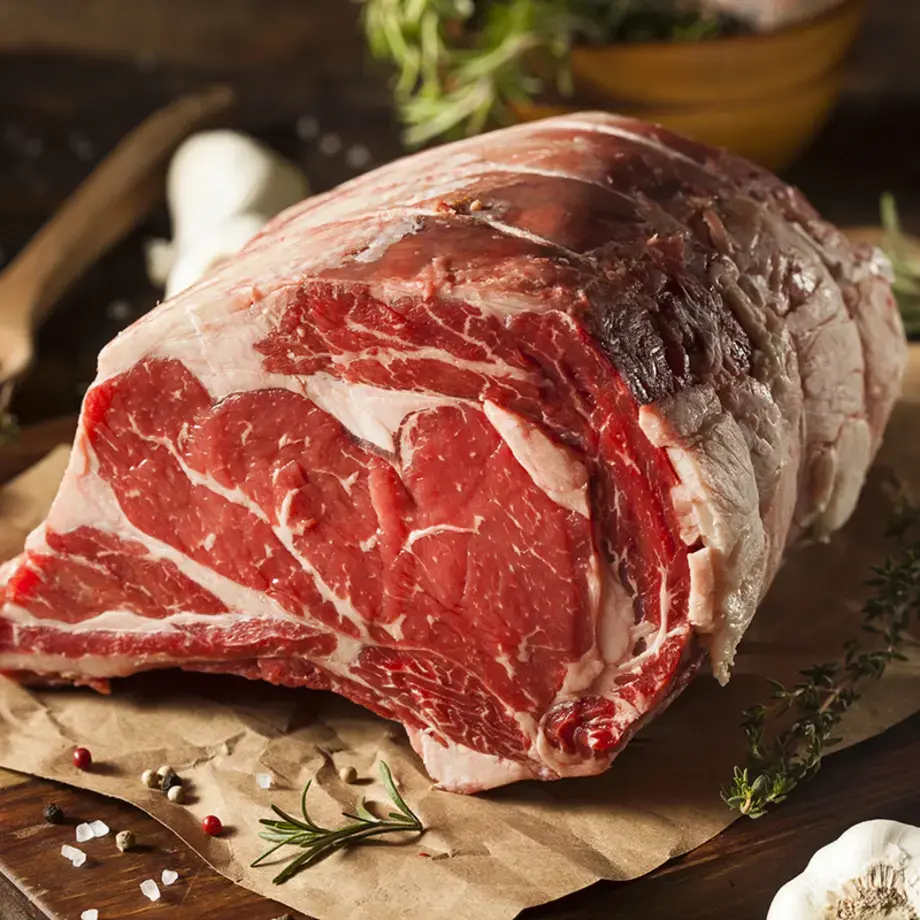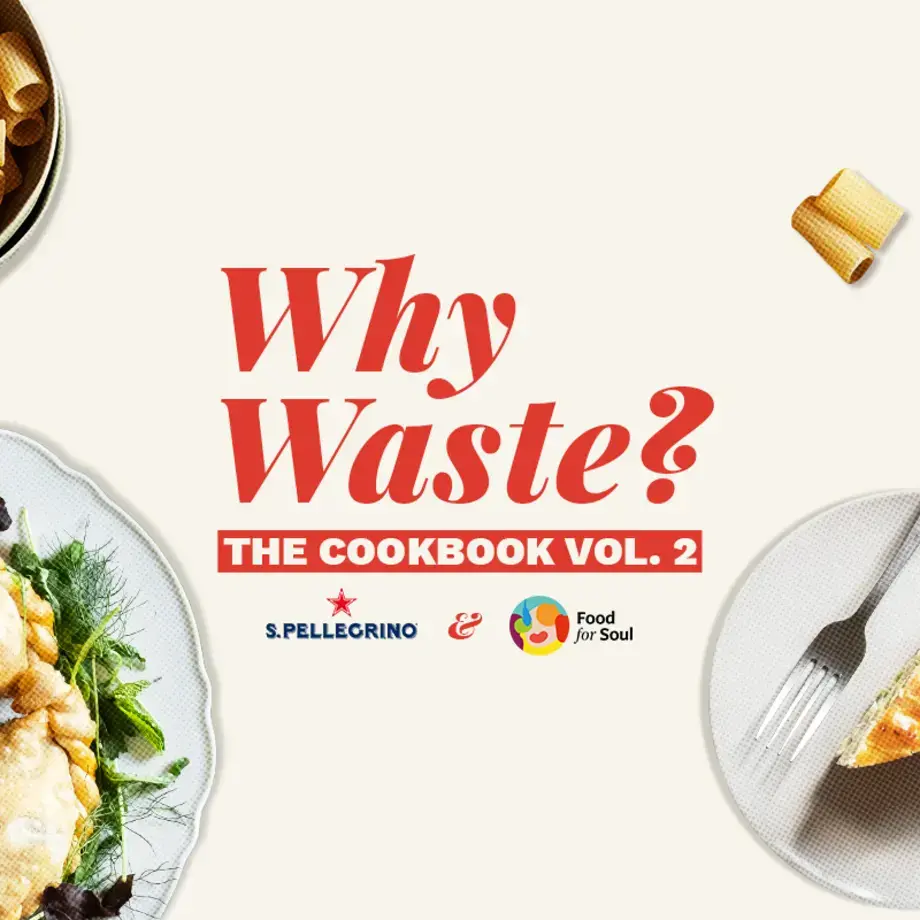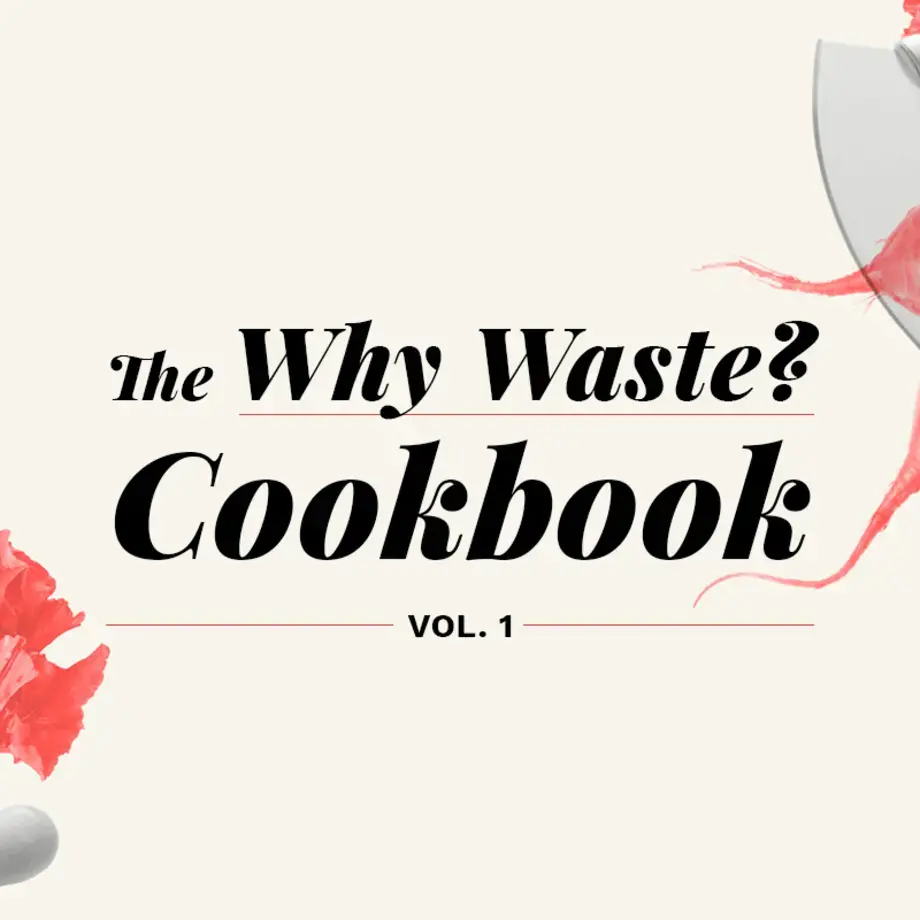Dylan Jones, who signed this article, is the owner and chef of Bo.lan in Bangkok, a Thai cuisine restaurant he runs with his wife Duangporn Songvisava. Bo.lan was listed 19 in Asia’s 50 Best Restaurants 2017. Dylan is also the co-founder and co-director of the Re Food Forum which will be held in Bangkok on March 19 and 20, 2018, of which FineDiningLovers will be media-partner.
---
Reports state that a third of food grown or produced for human consumption is wasted, that 45% of all fruits and vegetables produced are thrown away. Hotels and large food service operations have such strict food and safety SOP’s that on average, they throw away 1kg per guest per night due to the legal implications of somebody getting sick.
As an Australian living in Asia and cooking Thai cuisine I have been forced to think about food differently. For me, the beauty of traditional cuisines, like Thai, is the creativity of the cooks who ensured everything gleaned from their environment was utilized. In Australia, before industrialization, we also didn’t waste; rather we were a thrifty and creative bunch- manipulating and inventing left overs to create something else. Our approach to food was considered, meaningful and community based.
More creativity, less waste
If you google “waste”, it is defined as: Anything unused, unproductive or not properly utilized. An act or instance of using or expending something carelessly, extravagantly, or to no purpose. A material that is not wanted: the unused remains or byproducts of something.
The United Nations tells us that the impact of food waste is not just financial, that the food we are sending to landfills contributes greatly to global warming; methane gas from food waste in landfills is 20 – 25 times more harmful than carbon dioxide. And currently 40% of all landfill content can be attributed to food waste.
Does that mean that food waste is about misused opportunities and lack of imagination? If almost every product coming from farms, kitchens and households can be used, upcycled or - at the very least- composted, maybe we shouldn’t be calling it waste at all.
Perhaps this is as simple as changing the language we use. Let’s stop calling it waste. Let’s call it what it is, a beautiful and nutritious opportunity to get creative in our kitchens.









